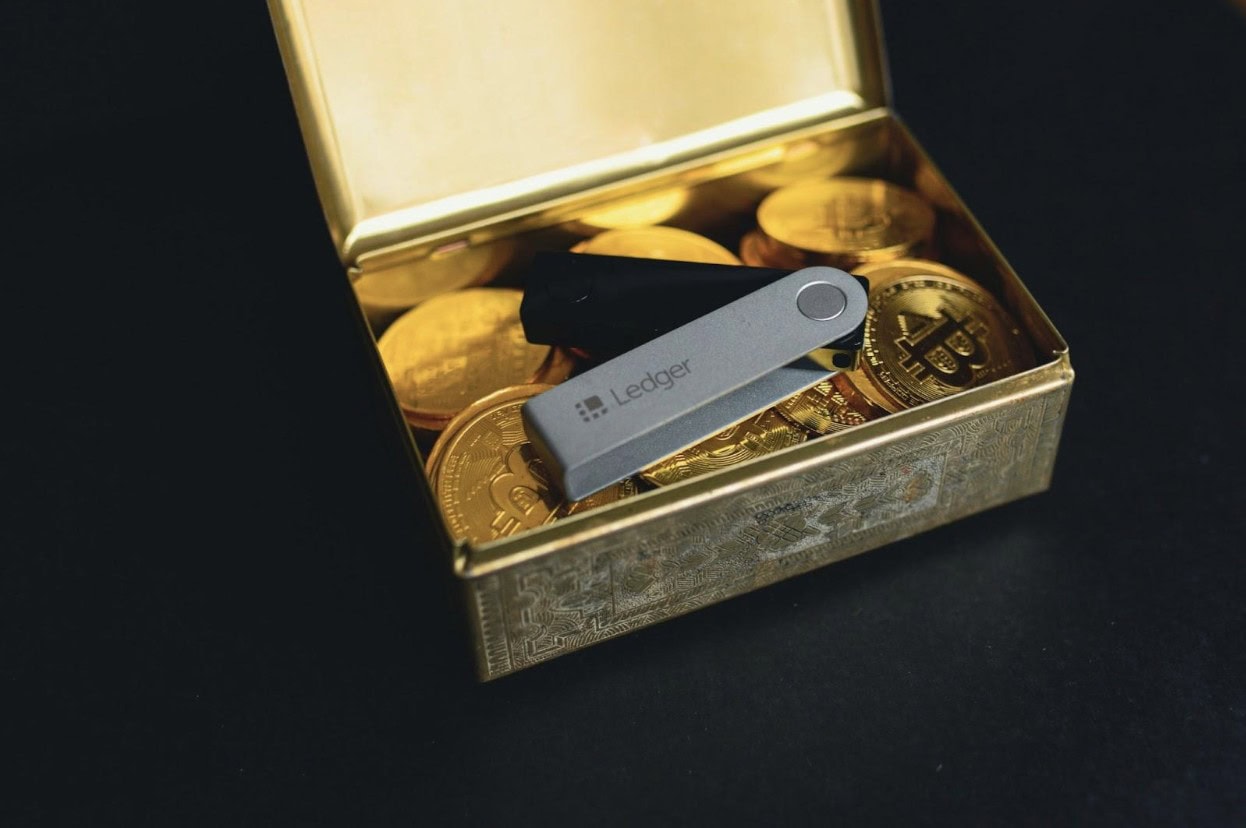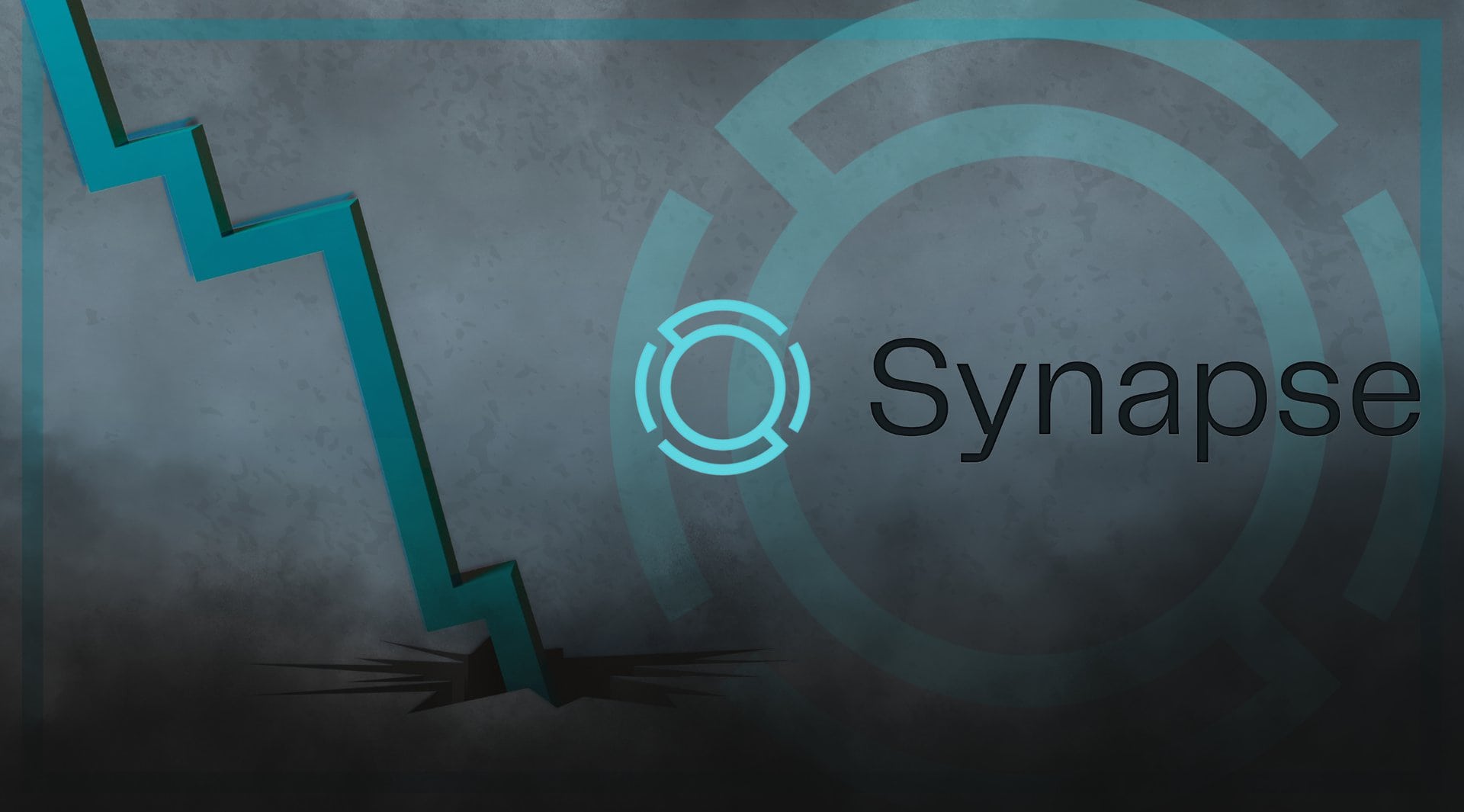Cryptocurrency wallets do not store cryptocurrency, but they retain the public and private keys that are needed to send and receive cryptocurrency transactions. Modern wallets vary from physical wallets to software-based iterations and the type of wallet that an individual needs will depend on how they use and trade cryptocurrency, as well as the size of their crypto holding.
The Need For A Cryptocurrency Wallet
Cryptocurrency has become a popular investment vehicle. 10% daily price fluctuations are common, even with well-established projects like Bitcoin and Ethereum. Brand new tokens can see even more price movement, with snipers specifically looking at lists of the top upcoming crypto presales in 2024 hoping to find the next 10x or 100x crypto launch. These presales not only have the opportunity to rise considerably when they hit centralized exchanges but, according to crypto writer Kane Pepi, they can also offer handsome bonuses to early investors. Whether you are investing in an Initial Coin Offering or are looking to hold established cryptocurrencies for the long term, having a secure wallet is one of the most important steps in investment.
Understanding Blockchains
To understand wallets, you first need to have a basic understanding of cryptocurrencies and the blockchain networks they operate on.
When we mention blockchains, most people instantly think of Bitcoin. Specifically, Bitcoin’s Lightning network is the most widely used and recognized blockchain network, but it is only one of thousands of such networks.
Blockchains are digital ledgers that record transactions. Records cannot be changed, can be viewed by anybody, and they cannot be deleted or reversed. Every entry is encrypted using public and private keys. While public keys are publicly accessible, private keys are not.
When you buy crypto on an exchange, the exchange itself accesses and updates the blockchain. They retain the private keys and act as a custodian for your cryptocurrency. You can still access, send, and receive crypto, but you never really own your cryptocurrency because you don’t personally have the private keys.
What Are Crypto Wallets?
To access the blockchain network, whether to send or receive funds, users need to use suitable software. And that software is called a wallet. The wallet retains the public and private cryptographic keys that are needed to send and receive crypto funds. It writes entries to the blockchain.
Blockchains are different and are independent of one another. This is why when you send Bitcoin the recipient can only receive it as Bitcoin, and not as a different cryptocurrency or as fiat currency. Similarly, a single wallet cannot usually access every blockchain. However, there are similarities with some blockchains, so most tokens established on the Bitcoin network, for example, will usually work on Bitcoin-based wallets.
Types Of Crypto Wallets
There are different types of crypto wallets including cold, hot, and hardware wallets:
- Hot wallets are online wallets. They are permanently connected to the Internet. This means users can access them quickly and easily, from anywhere with an Internet connection, but it also means they are more prone to being hacked or otherwise tampered with by external sources. When you keep cryptocurrency on a centralized exchange like Coinbase or Binance, you are using a type of hot wallet.
- Cold wallets are not always connected to the Internet. Unless you are sending a payment or updating your balance, the wallet disconnects from the Internet. While disconnected, there is no way for hackers to remotely access the wallet or your private keys. Cold wallets can typically be installed on PCs as well as on cell phones and other mobile devices and they are more secure than hot wallets.
- Hardware wallets are devices that typically look like flash drives. They contain the software used to access the blockchain, as well as your keys. Not only is this a type of cold wallet that doesn’t stay connected to the Internet, but it can be removed and stored safely when not in use.
Modern Wallet Features
Modern wallets have advanced a lot compared to earlier iterations. While sending crypto payments was once a very manual process, entering long addresses that could potentially be mistyped, modern wallets automate most of the process. They offer QR scanning and other methods of quickly sending payments, such as the ability to click payment links and have all payment details prefilled so there is no risk of error.
They are also secure and some wallets can be used to send and receive payments on multiple different blockchains, but users still need to double-check that the wallet they use is compatible with the crypto and blockchain they want to use.
The best modern wallets can also enable you to create new wallet addresses whenever you send or receive payments. This can be a good way of managing a budget or tracking certain payments. It also adds another layer to your cryptocurrency security and keeps payments anonymous. Push notifications inform you of any activity on your wallet, including the receipt of payments.
Regularly updated conversion rates provide access to the latest financial data on cryptocurrency pairings. The information needs to be updated frequently because of the level of volatility faced by digital currencies. Wallets are not marketplaces, however, which means you can’t use a dedicated wallet to convert one cryptocurrency to another or to buy and sell cryptocurrency. However, there are some hybrid wallets that do enable you to access exchanges, therefore making it possible to exchange your funds.















